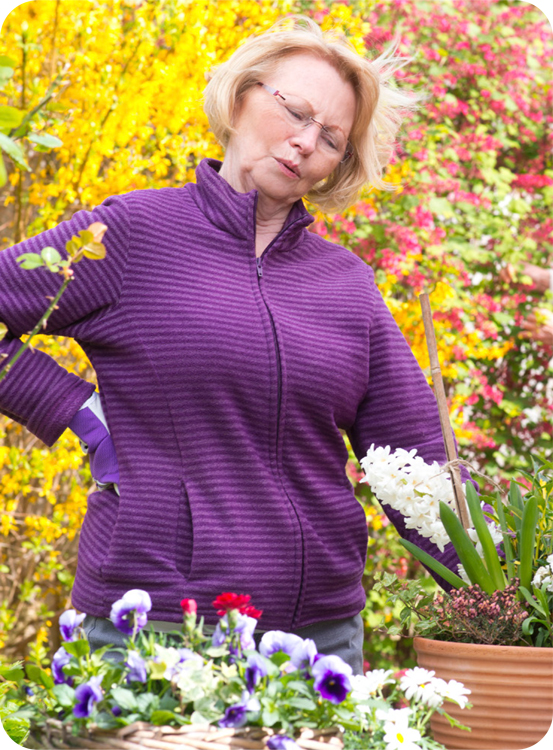 Whether you’re expecting your first baby or your fourth – pregnancy is a powerful journey—and let’s be honest, it’s not always the easiest ride. From swollen ankles and back pain to labor jitters and postpartum recovery, your body goes through a lot.
Whether you’re expecting your first baby or your fourth – pregnancy is a powerful journey—and let’s be honest, it’s not always the easiest ride. From swollen ankles and back pain to labor jitters and postpartum recovery, your body goes through a lot.
Thankfully, acupuncture offers natural, gentle support through each phase of this incredible transition. And no—it’s not just about pain relief. It’s about balancing your entire system so you can feel more grounded, more connected, and more prepared for what’s next.
Before Birth:
Supporting Pregnancy, Labor Prep & Breech Babies – Acupuncture during pregnancy focuses on helping your body adapt to the changes it’s going through. It’s safe, effective, and can be tailored to your trimester.
Common areas of support include:
- Nausea & morning sickness
- Back, hip, or pelvic pain
- Digestive issues or heartburn
- Fatigue or poor sleep
- Anxiety, stress, and emotional overwhelm
As you approach your due date, we shift into what’s often called labor preparation acupuncture. Around 36–37 weeks, many acupuncturists recommend weekly treatments to help:
- Encourage optimal baby positioning
- Relax and soften the cervix
- Regulate hormones and reduce anxiety
- Support restful sleep before labor
- Gently encourage the body to move toward labor naturally
And if your baby is breech (feet or bottom down instead of head-down)? Acupuncture, combined with a gentle heat therapy technique called moxibustion, is often used between weeks 33–36 to encourage babies to turn.
Moxa is a warming herb that’s burned near specific acupuncture points—especially on the pinky toes!—to stimulate movement and energy in the uterus. Several studies have shown this technique can significantly improve the chances of a baby turning on their own—non-invasively and safely.
During Labor:
Acupressure & Calm in the Chaos – While acupuncture isn’t typically done during active labor (unless you’ve got a doula or midwife trained in it), acupressure can be a game-changer.
Your acupuncturist can teach you and your partner simple pressure points to use during labor that may:
- Help with pain management
- Encourage contractions
- Calm the nervous system
- Boost energy during long labor
- Support dilation and downward movement
These techniques are simple, safe, and give you an empowering tool during the birth process.
Curious how acupuncture might support your pregnancy or postpartum recovery? Let’s chat. Call us at (218) 724-3400 and we’ll walk you through what’s possible.


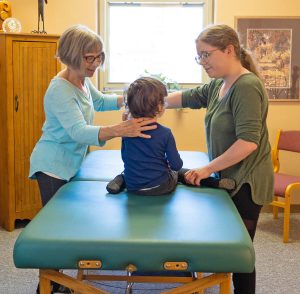 Pediatric acupuncture is commonly known as shonishin and it rarely uses needles. Instead, this form of acupuncture utilizes the practitioners’ hands and rounded tools to stimulate the acupoints of the child. The practitioner will gently and rhythmically rub, tap and press the skin to produce gentle stimulation sensations. Because children process things more quickly and with fewer blockages, the sessions can be shorter and may be needed less frequently.
Pediatric acupuncture is commonly known as shonishin and it rarely uses needles. Instead, this form of acupuncture utilizes the practitioners’ hands and rounded tools to stimulate the acupoints of the child. The practitioner will gently and rhythmically rub, tap and press the skin to produce gentle stimulation sensations. Because children process things more quickly and with fewer blockages, the sessions can be shorter and may be needed less frequently. 
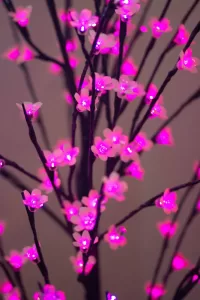 When we approach the shen from the standpoint of Western psychology, it is hard to deny there is a lot of shen disturbance in the modern world. This can be anything from anxiety, depression and addiction to the aforementioned serious mental illnesses like schizophrenia. A person with balanced shen will present as healthy, harmonious and level-headed. A person with disturbed shen will present with a lack of spirit or emotion, illogical reasoning and symptoms of mental illness.
When we approach the shen from the standpoint of Western psychology, it is hard to deny there is a lot of shen disturbance in the modern world. This can be anything from anxiety, depression and addiction to the aforementioned serious mental illnesses like schizophrenia. A person with balanced shen will present as healthy, harmonious and level-headed. A person with disturbed shen will present with a lack of spirit or emotion, illogical reasoning and symptoms of mental illness.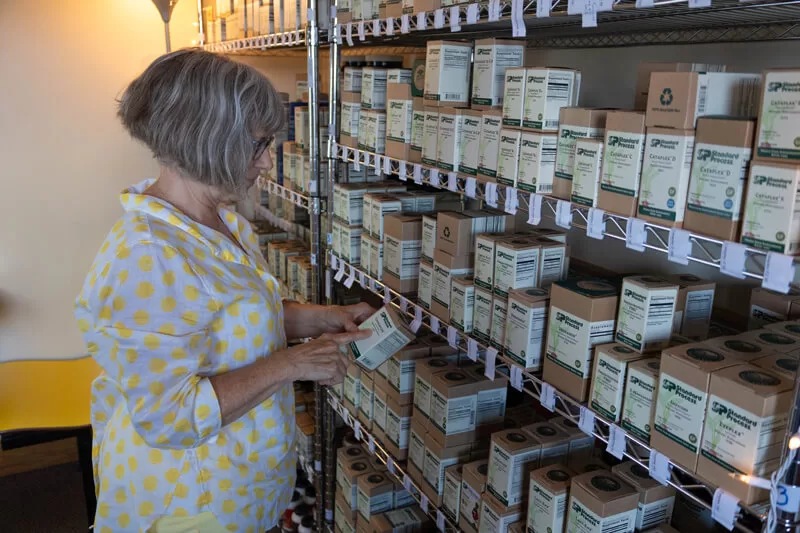
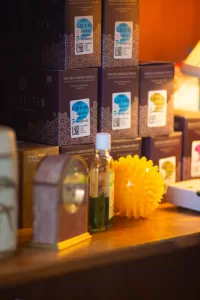 The immune system itself can also cause harm when unregulated. Cytokine storms are an over-aggressive immune response that can lead to persisting inflammation in the body. Many people with long-haul COVID have elevated cytokine levels, suggesting hyper-inflammation plays a role in LHC.
The immune system itself can also cause harm when unregulated. Cytokine storms are an over-aggressive immune response that can lead to persisting inflammation in the body. Many people with long-haul COVID have elevated cytokine levels, suggesting hyper-inflammation plays a role in LHC. 